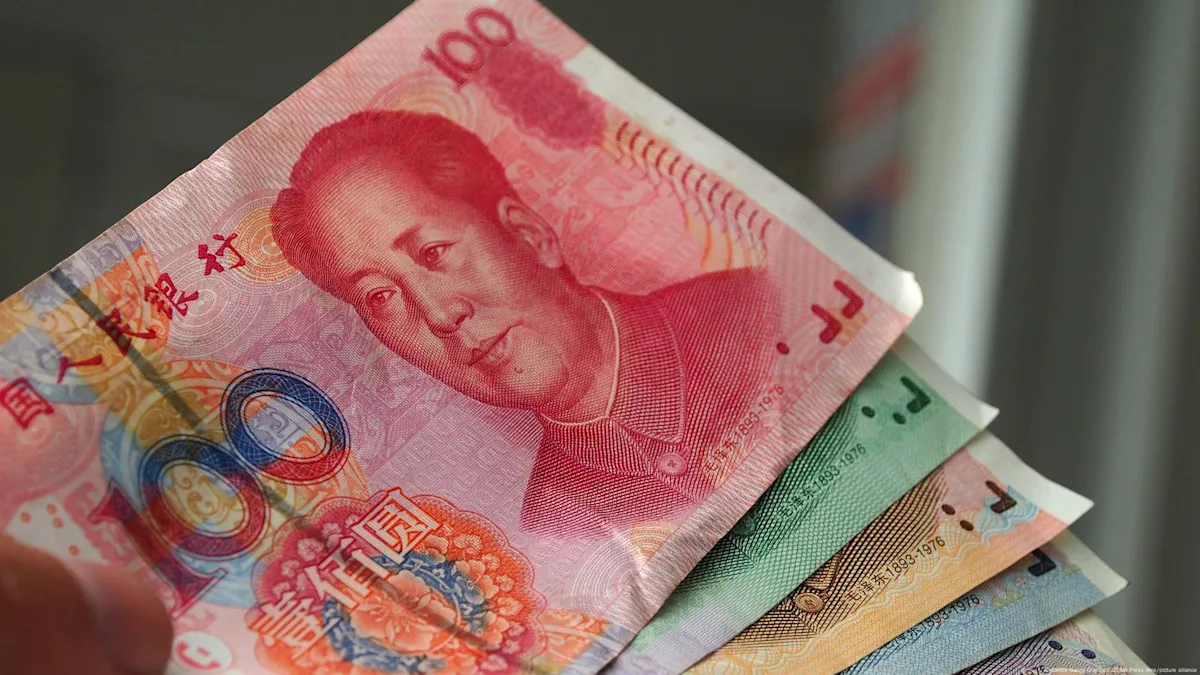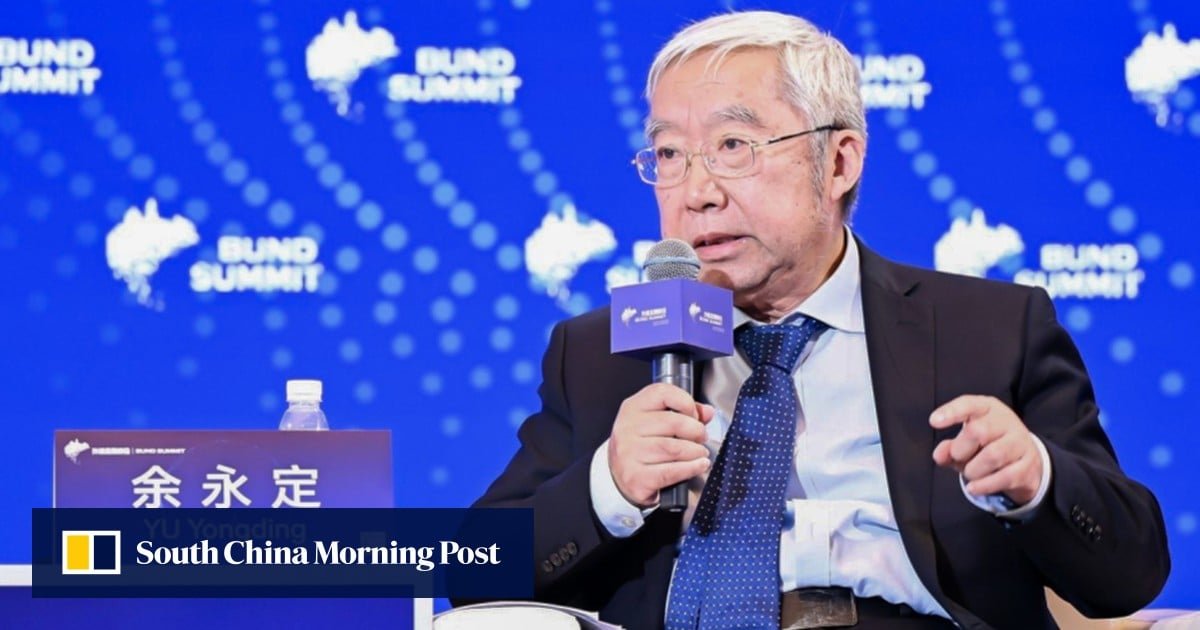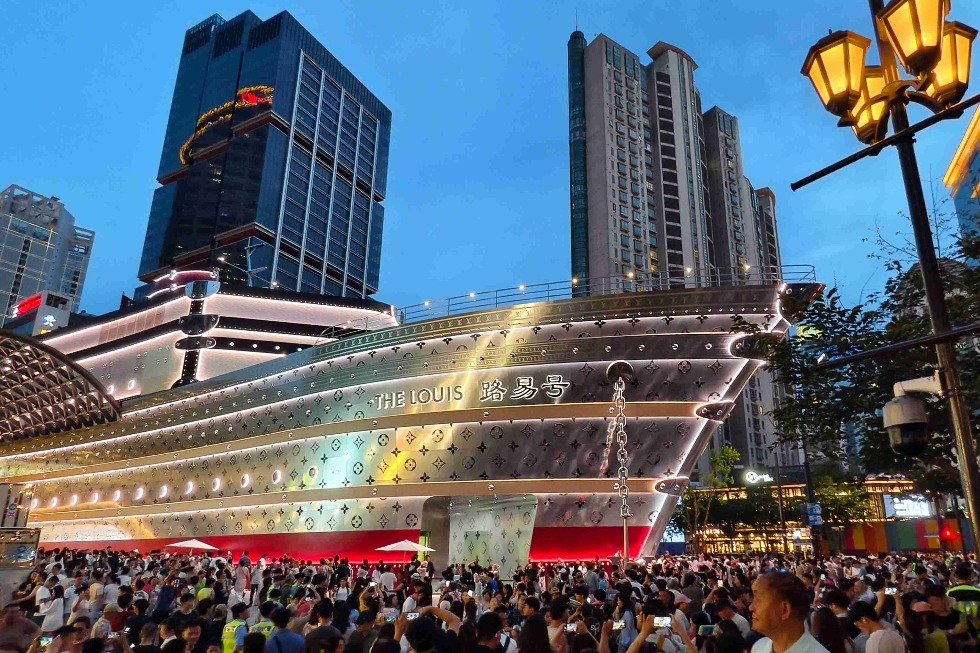
PATTAYA, Thailand – As debate swirls online about whether Thailand’s baht is “too strong” for tourists, one curious trend stands out: while many Europeans and long-term Western visitors lament shrinking exchange rates, travelers from India, China, and Russia seem far less concerned — or not complaining at all.
The question is, why?
Part of the answer lies in spending patterns and perspective. For many Indian, Chinese, and Russian tourists, Thailand — and Pattaya in particular — remains an affordable luxury compared with their domestic leisure options. Even with the baht hovering in the mid-30s to the U.S. dollar or stronger against the euro, hotel rooms, seafood dinners, massages, and nightlife experiences still cost less than equivalent offerings in major cities like Mumbai, Beijing, or Moscow.
Travel industry observers also point out that these markets often benefit from packaged deals and direct partnerships. Tour groups from China and India frequently travel under negotiated packages where hotels, transport, and meals are prepaid in bulk at rates agreed long before currency shifts. Russian tourists, meanwhile, increasingly use domestic travel agencies that offer prices locked in ruble terms, shielding them from baht fluctuations.
Moreover, these visitors tend to travel for shorter stays and spend in concentrated bursts — nightlife, shopping, beach activities — rather than comparing every exchange rate movement like Western retirees or long-term visitors who feel the impact of every stronger baht in their monthly rent or groceries.
“The European mindset is different,” notes one Pattaya tour operator. “They calculate their budget in euros and notice if a beer costs 20 cents more than last season. For Indian or Chinese groups, they look at the whole experience — the beach, the service, the shopping — not the decimal point on the exchange rate.”
The contrast also highlights Thailand’s evolving tourism mix. The days when Westerners dominated Pattaya’s streets are fading fast. Today, Indian wedding parties fill beachfront hotels, Russian families crowd Jomtien, and Chinese tour groups once again pour into Terminal 21 and Central Pattaya.
So while some Western voices continue to argue over whether the baht is “too strong” or “makes no difference,” much of Pattaya’s new visitor base simply isn’t complaining — because to them, Thailand still feels like a bargain.














